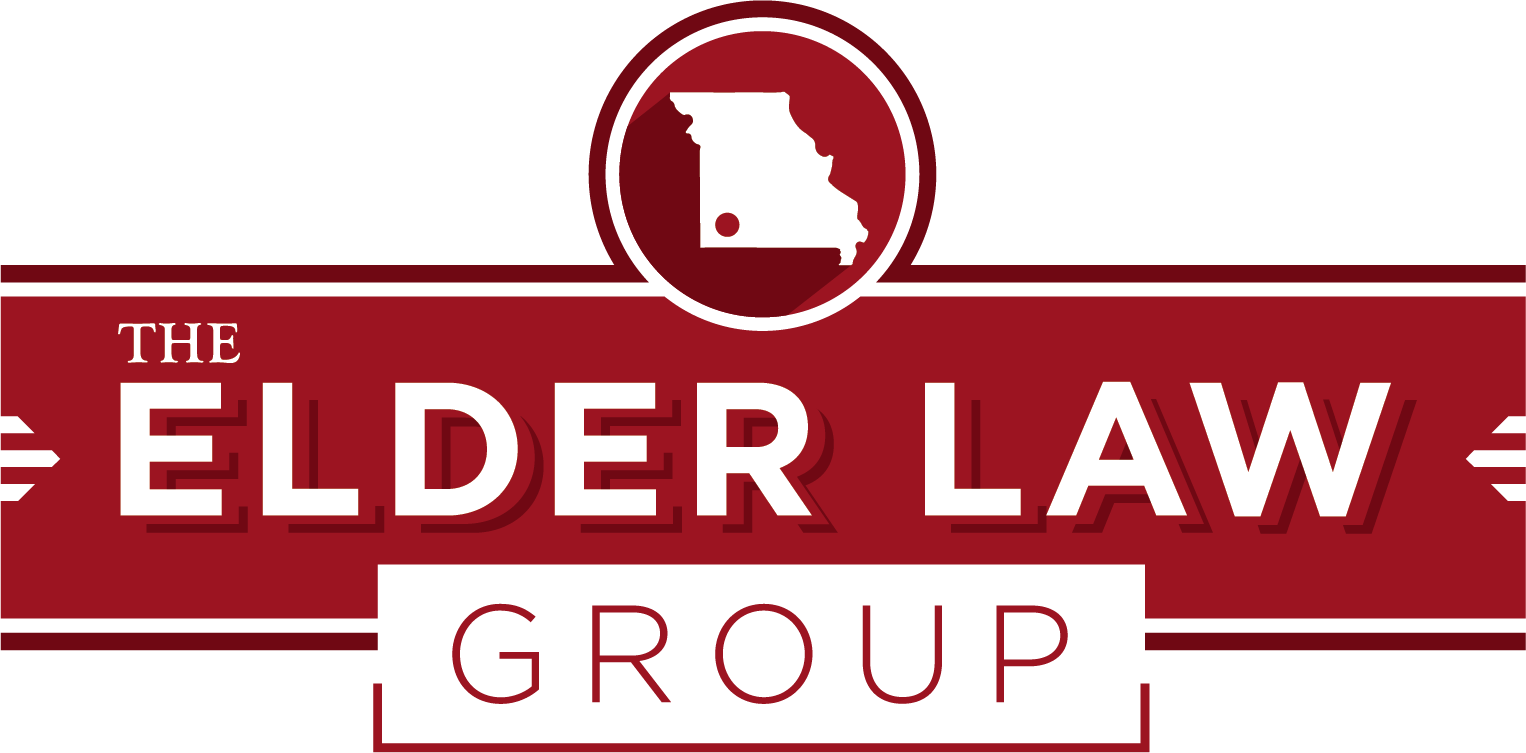Unique Planning Opportunity for Disabled or Chronically Ill Beneficiaries: The SECURE Act
There is great news for clients with certain family members or other beneficiaries–this year brought with it a huge change in the law that benefits beneficiaries who are disabled or chronically ill. The Setting Every Community Up for Retirement Enhancement (SECURE) Act was integrated into the Further Consolidated Appropriations Act of 2020. The SECURE Act has been big news in the special needs planning community, as it carved out special considerations with regard to inheriting retirement accounts for those beneficiaries who are classified as disabled or chronically ill.
Before the change in the law, almost any individual could inherit a retirement account and stretch the distributions from that account over their life expectancy. That would allow the funds to be able to sit in that tax-deferred account and accumulate wealth, with the exception of a required amount that must be distributed each year. However, the SECURE Act drastically decreased which individuals would be eligible to stretch distributions over their life expectancy. Beneficiaries who are now not entitled to a stretch must withdraw the funds within either 5 or 10 years, which doesn’t allow for those funds to keep growing. But under the new rules of the SECURE Act, one category of individuals who are still entitled to the financial benefit of stretching distributions from the account over their life expectancy include beneficiaries of the retirement account who are disabled or chronically ill. So, this is a huge benefit and advantage for those disabled or chronically ill beneficiaries, possibly over other beneficiaries you may have.
In response to the new law changes, a special trust has been created to best provide for these beneficiaries. The purpose of this unique SECURE Supplemental Needs Trust is to provide for the maximum benefit of the law for disabled or chronically ill beneficiaries.
The trust allows retirement account benefits to receive a maximum stretch under the law. This means that the beneficiary can stretch the distributions from that retirement account over their life expectancy. This allows those funds in the retirement account to keep accumulating and growing.
The SECURE Supplemental Needs Trust also allows the beneficiary to benefit from the retirement account proceeds while still being eligible for public benefits, such as Medicaid or Supplemental Security Income.
The trust allows for a care manager or advocate, so that someone can always be looking out for your beneficiary after you have passed.
The trust provides for asset protection from creditors, divorce, or other bad actors.
The trust gives you peace of mind knowing that your beneficiary will be taken care of for years to come. If the following applies to you, then you might benefit from this new law and new SECURE Supplemental Needs Trust.
You have a loved one or another beneficiary who is disabled or chronically ill.
You have a retirement account, such as a 401k or IRA.
You want to make sure that your retirement account receives maximum tax advantages after your death.
The time to plan is now. Regardless of who your beneficiaries are, you need to ensure your estate plan is up-to-date in light of the new SECURE Act. The attorneys at The Elder Law Group are experienced in drafting comprehensive special needs trusts and educating clients on what estate planning documents are needed to meet your goals. Contact us today at 417-708-2044 or at info@TheElderLawGroup.com to schedule a consultation. Find more information at www.TheElderLawGroup.com. Contact our office to schedule an appointment to see how to best make the new SECURE Act rules work in your favor.
The information in this blog post is provided for general informational purposes only, and may not reflect the current law in your jurisdiction. No information contained in this blog post should be construed as legal advice. No reader of this post should act or refrain from acting on the basis of any information included in this blog post without seeking the appropriate legal or other professional advice on the particular facts and circumstances at issue.

